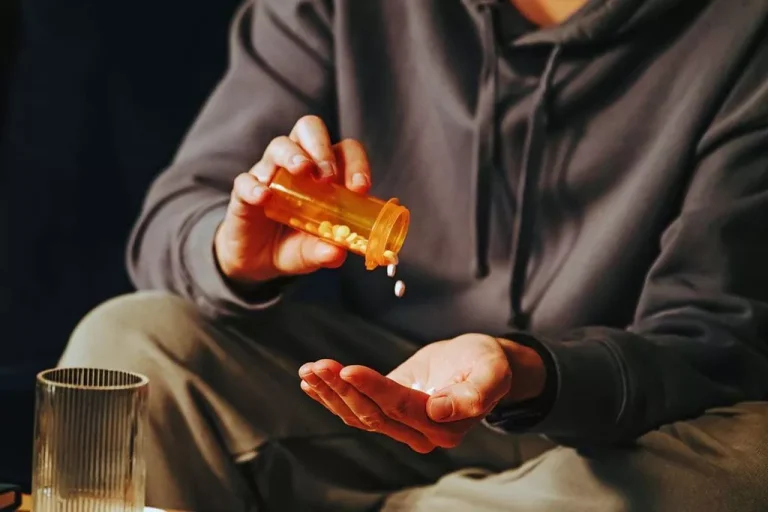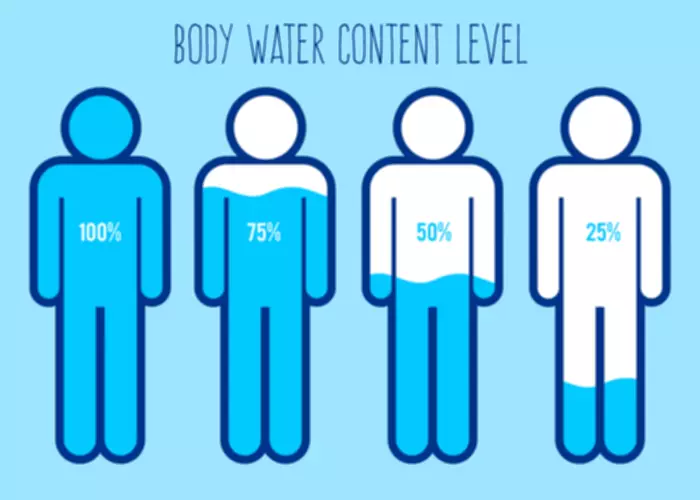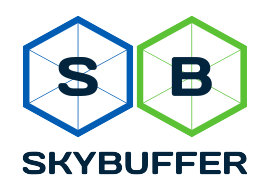While it’s natural to experience sugar cravings during recovery, it’s important to find a balance in consuming sugar to avoid potential negative consequences. Sugar can provide a short-term energy boost and temporarily improve mood by replenishing depleted glycogen stores [3]. However, excessive consumption of sugary foods and beverages can contribute to issues such as weight gain, do alcoholics crave sugar blood sugar spikes and crashes, irritability, and fatigue in the long run. This drop in blood sugar levels creates a need for a quick energy boost, which is often fulfilled by consuming sugary foods [2]. Alcohol impairs the liver’s ability to maintain stable blood sugar levels, leading to fluctuations that trigger cravings for sugar as a means of restoring energy levels.
Is the Sugar Substitute Xylitol Safe for Your Heart?
Discover the risks, trends, and how to address this critical issue. Embark on your journey to sobriety at Derry Rehab Center – your path from darkness to light starts here. Discover the truth behind shopping habits and their impact on finances and relationships. Discover the harsh financial consequences of addiction and its impact on your wallet. Discover how drugs can be absorbed through the skin and its practical applications.
Sensitivity to Sweet Tastes
- This suggests that sugar can elicit addictive-like behaviors by engaging the brain’s opioid pathways.
- Let’s explore the four stages of alcohol misuse and how we can recognize the signs.
- Though some sugar alcohols come from fruits and vegetables, the ones used in processed foods are artificially produced.
- Join our robust training programs led by nationally known healthcare leaders.
- Explore the ways we provide innovative, compassionate care through our network.
Exercise can help stabilize blood sugars, reduce stress and anxiety, and increase muscle mass and metabolism. A collection of studies suggest that regular exercise can increase the abstinence rate for substance use by 95 percent. Multivitamin and/or B vitamins can be helpful as well especially with heavy alcohol use.
Can Cognitive Behavioral Therapy Help Treat an Alcohol Addiction?
It is an essential component of a holistic approach to treatment, supporting individuals in achieving and maintaining long-term sobriety. Alcoholics often experience intense cravings for sugar, which can be attributed to various factors including altered body composition and altered hormonal metabolic regulators. These factors contribute to the complex nature of alcohol cravings and the subsequent sugar cravings experienced by individuals struggling with alcohol addiction. The body’s dependence on alcohol for a steady supply of glucose can contribute to the intense cravings for sugar during the recovery process.

Understanding Alcohol Cravings
Addressing Three Common Withdrawal Symptoms


Unveiling the Truth: How Much Do Drugs Really Cost?
- Do you often find yourself reaching for sweets after a night of heavy drinking?
- With Steps to Recovery, you’re one call away from professional treatment plans that help individuals struggling with alcohol fight the challenges that come every step of the way.
- Sugar can provide an immediate source of energy, similar to the quick effects of alcohol.
- The link between food, mood, and cravings is increasingly being recognized in addiction treatment, with a focus on a holistic approach that addresses both the mind and body.
- This addictive nature of sugar can be particularly problematic for alcoholics, as it may exacerbate their struggles with alcohol use disorder [2].
